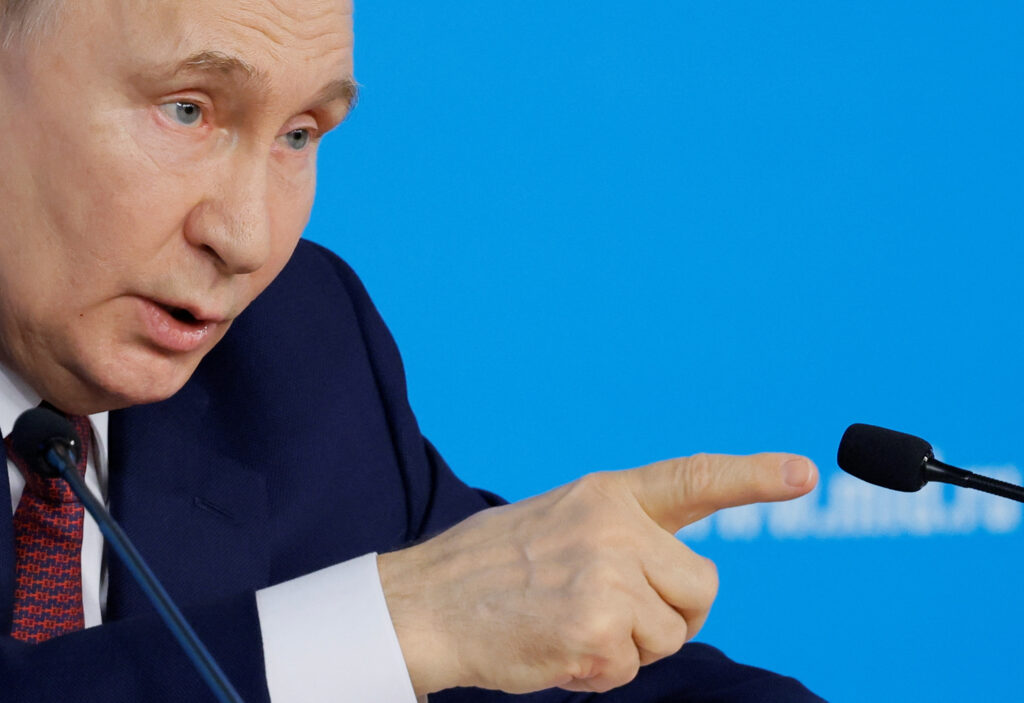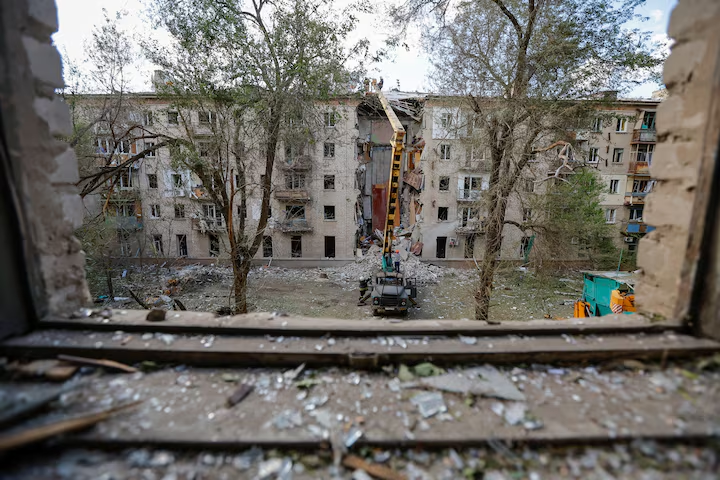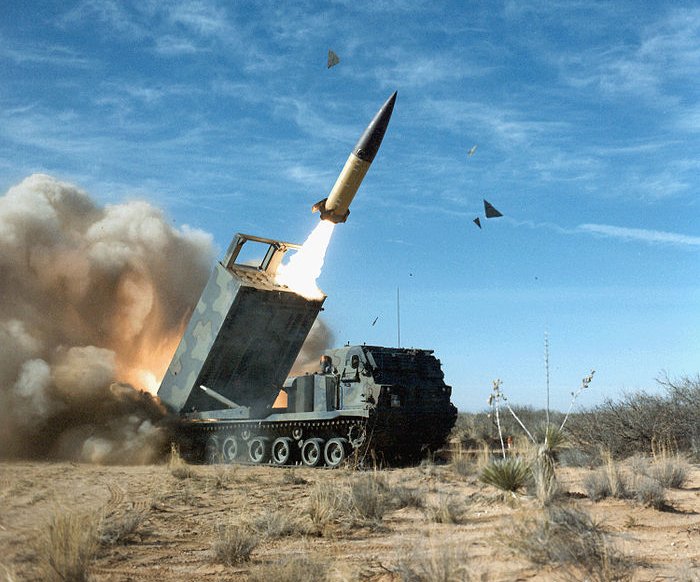The Kremlin has directly accused the United States of involvement in a deadly attack on Crimea using US-supplied ATACMS missiles, marking a significant escalation in rhetoric and tensions between the two nuclear powers. The attack, which reportedly killed at least four people, including two children, and injured 151 others, has prompted Russia to warn of imminent retaliation.
Kremlin spokesman Dmitry Peskov pointedly asked reporters to question European and American officials about “why their governments are killing Russian children,” framing the incident as a direct act of aggression by the United States. Russia claims that not only did the US supply the weapons, but American military specialists also aimed them and provided targeting data.

In response to the attack, Russia summoned US Ambassador Lynne Tracy to the foreign ministry, where she faced accusations that Washington was “waging a hybrid war against Russia.” The Russian government emphasized that the attack “would not go unpunished” and that “retaliatory measures will definitely follow.”
This incident has pushed the Ukraine conflict into what Russian officials describe as its “most dangerous escalatory phase to date.” The war, which began with Russia’s invasion of Ukraine in 2022, has already triggered the most significant confrontation between Russia and the West since the 1962 Cuban Missile Crisis.
President Vladimir Putin has repeatedly warned of the risk of a broader war involving nuclear powers, though he maintains that Russia does not seek conflict with NATO. Conversely, US President Joe Biden has consistently ruled out sending American troops to fight in Ukraine, stating that a direct NATO-Russia confrontation would lead to World War Three.

The attack on Crimea, which Russia annexed in 2014 and considers its territory (though most of the world views it as part of Ukraine), represents a new level of tension. Neither Ukraine nor the United States has commented on the attack, maintaining a policy of strategic ambiguity.
In response to the escalating situation, Putin has ordered drills to practice the deployment of tactical nuclear weapons and suggested Russia could deploy conventional missiles within striking distance of the United States and its allies. He has also sealed a mutual defense pact with North Korea, hinting at potential weapons supplies to Pyongyang as a mirror response to Western arms deliveries to Ukraine.

The US currently prohibits Ukraine from using ATACMS and other long-range US-supplied weapons to strike targets within Russia. However, the Kremlin views the mere provision of such weapons as a serious escalation.
As tensions continue to rise, the international community watches closely for signs of further escalation or potential diplomatic breakthroughs. The conflict in Ukraine, now entering its third year, continues to reshape global geopolitics and challenge the post-Cold War international order.
With Russia vowing retaliation and the US maintaining its support for Ukraine, the risk of the conflict expanding beyond Ukraine’s borders remains a significant concern for world leaders and citizens alike. The coming days and weeks will be crucial in determining whether diplomacy can prevail or if the world will witness a dangerous new chapter in this ongoing crisis.
Reuters



